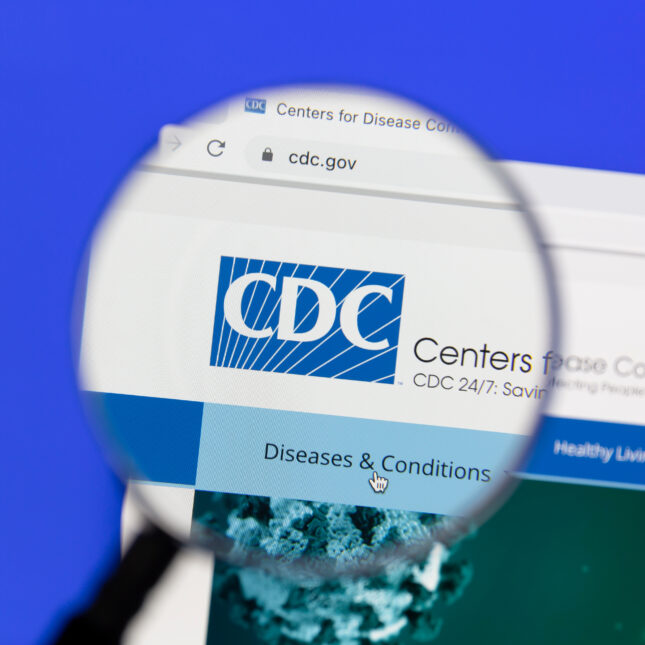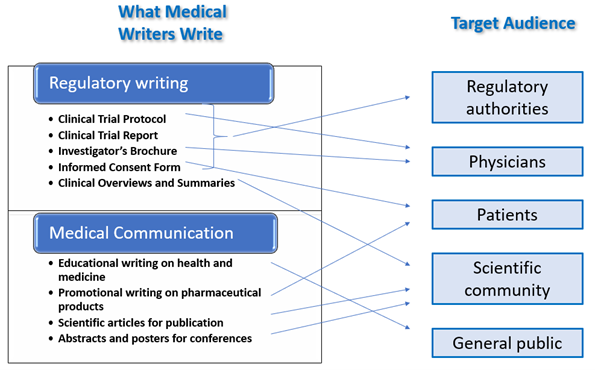The Centers for Disease Control and Prevention (CDC) has announced a return to the term ‘monkeypox’ after previously adopting the name ‘mpox’ in an effort to reduce stigma associated with the virus. This decision comes amidst ongoing discussions about public health communication strategies and the importance of clarity in disease naming conventions. The CDC’s reversion to the original name underscores the complexities of public perception and the potential implications for disease tracking and management.
Contextually, the shift back to ‘monkeypox’ reflects a broader trend in the health sector where terminology can significantly influence public understanding and response to outbreaks. The initial change aimed to mitigate stigma, yet the CDC’s latest move suggests that clarity and recognition of the virus’s origins may take precedence in public health discourse. This decision could impact how healthcare professionals approach education and prevention efforts in the field.
For pharmaceutical and healthcare professionals, this change may necessitate adjustments in communication strategies, particularly in regulatory and educational contexts. As the industry navigates the implications of this terminology shift, it will be crucial to monitor how it affects public perceptions and the overall response to monkeypox as a health threat.
Open the full market picture for your next decision →



